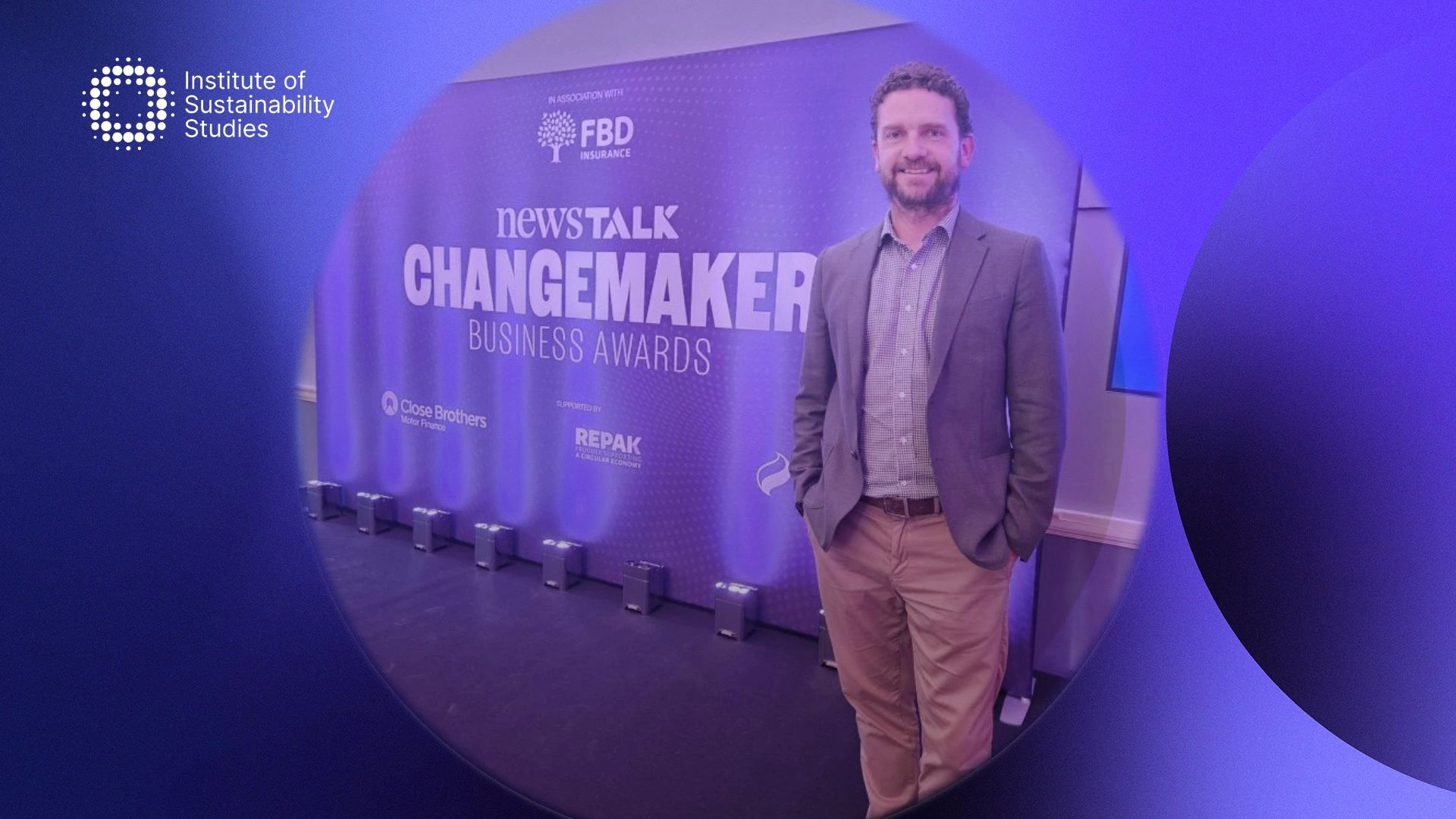Stakeholder engagement is vital for the success of a business or a project. The advantages of it are clear. It allows those who will be affected to voice their views and makes sure the business has greater clarity and a shared vision.
Similarly, the organisation can bring people together to share knowledge, experience, and ideas and identify sustainability strategies to gain a competitive advantage. Let’s dive further into why integrating stakeholder management in business plans is necessary.
Your stakeholders – who are they?
Stakeholders are more than just individuals who have a stake in your business. This exhaustive list is examples of stakeholders of a business:
- Employees
- Customers
- Community members
- The media
- Shareholders
- Politicians
- Your suppliers
- The Government
- Your investors
- Local businesses
- Residents living close to your business
Now that you have a greater understanding of your stakeholders, it is also essential to note a few things. These individuals have their own lives, and your enterprise’s decisions could impact their livelihoods.
They also have their own goals, and their decisions could impact your business. Moreover, these people are connected to a broader network of people who are also affected by decisions and changes made. Some may be physically or financially worse or better off based on what you decide to do within your business.
Why is stakeholder engagement important?
As mentioned above, your stakeholders are critical. Engaging with all, if not most, of your stakeholders can positively affect your business and those with a stake in it.
Specifically, this engagement encourages them to become more involved in the process of making decisions and ultimately helps you provide the support necessary for long-term sustainability.
Not to mention, it helps to establish and create strong, mutually beneficial relationships and brings important issues to light such that your business can address corporate social responsibility issues better. Integrating stakeholders is incredibly valuable concerning education and uncovering the crucial issues you should focus on.
Ultimately, engaging with these groups of people and transforming them into your supporters can only increase success. Stakeholder engagement is a recipe for success for any business focused on greater connection, profit, engagement, and education.
Learn to tackle sustainability challenges and meet stakeholder demands with an online, self-paced, practical business sustainability course
Stakeholder engagement and tools to help
Now that you understand the importance of stakeholder engagement, let’s look at how you implement it and where you start. For your projects to be successful, communication is a top priority. All parties should understand the objectives and the process. Therefore, information should be shared consistently throughout each stage. Both external and internal stakeholders must comprehend the vision and how they help the business achieve its goals.
Along with communication, you should also outline the engagement required from your stakeholders. Begin by mapping out the process and include all key milestones where stakeholder engagement is needed. Be sure to also touch on why their engagement is valuable. Then, you can arrange several interactive engagements where they can be included in discussions. Having greater understanding will only result in enhanced ownership, so sharing ideas, having clear goals, and providing feedback are vital.
Another thing we recommend is building your projects around the engagement. What does that mean exactly? Most projects do not meet expectations because stakeholder engagement is not prioritised and seen as necessary. However, stakeholder engagement is what helps to build involvement. So, you should allow adequate planning and time to include all parties and enable them to comprehend and discuss every project milestone and the steps involved.
Summary
Without your stakeholders, there would be no business or projects. Engaging with them can result in several benefits and help to drive the project to successful completion. They are a valuable source of information and support to achieve better outcomes overall.










